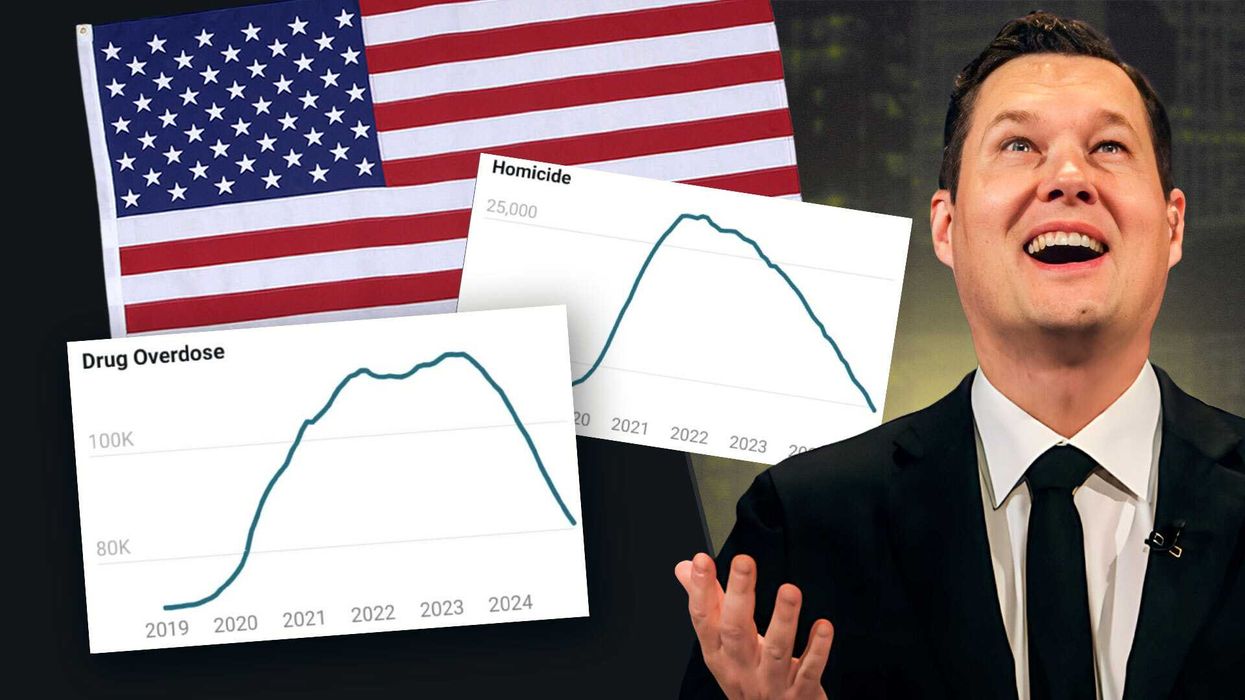The Congressional Budget Office released a report this week that once again raises the idea of taxing drivers based on how far they drive, in order to generate more revenue for federal highway programs.
CBO's report said the spending obligations of the federal highway trust fund will be higher than available revenues starting in 2015. It said that reality will force Congress to choose whether to reduce highway spending, find new sources of money, or some combination of both.
 Congress is again being urged to consider taxing cars based on how far they drive, to boost federal highway revenues. (AP Photo/Reed Saxon, File)
Congress is again being urged to consider taxing cars based on how far they drive, to boost federal highway revenues. (AP Photo/Reed Saxon, File)
One option for raising money, the report said, its to create a "mileage-based user fee to raise revenues." The report seemed to defend this option, by saying it "could lead to more efficient use of the transportation system."
CBO has raised the issue a few times before as an option Congress should consider. Back in 2011, it released a report that used several pages to analyze how a "vehicle miles traveled," or VMT system, might operate.
According to that report, it's a "consensus" view of transportation experts that a VMT system should be seen as a "leading alternative to fuel taxes as a source of funding for highways." It said VMT taxes in other countries have been shown to reduce road traffic, since people choose to drive less in order to avoid higher taxes.
CBO imagines collecting the tax by fitting each car with a device that tracks how far the car has gone. That data could be read electronically whenever someone uses a toll or stops at a service station for gas.
While CBO admits there are some privacy issues involved, it suggested that the electronic devices would be used to generate information that is only collected by a private entity, not the government, for the purpose of calculating mileage taxes.
The Obama administration seems to like this idea. Back in 2011, the Department of Transportation drew up legislation that would have set up group to study a VMT system, and then start field testing that system after a few ears. The bill provided $300 million for the project.
Once the idea became known, the White House quickly dismissed the idea as something that was included in an early draft of a proposal, but was later dropped.
Still, Democrats in particular have raised the idea of a VMT system over the last few years, as it has become increasingly clear that the highway trust fund is about to run out of money.
Many seem to agree that the increased fuel-efficiency of cars has made it harder for the government to raise money via the gas tax. That 18.4 cent-per-gallon gasoline tax has also note been increased for years, not even for inflation.
CBO said if the tax were adjusted for inflation, drivers would see a 30 cent-per-gallon tax today.
Members of Congress have floated several proposals to find more highway money. Several senators are discussing a tax holiday for overseas income that is repatriated into the United States, which could raise billions of dollars.
In the House, GOP leaders favor a plan cut out Saturday mail delivery to find short-term highway money.
Few members have talked openly about imposing a VMT tax. Late last year, Rep. Earl Blumenauer (D-Ore.) proposed a VMT tax, and said it would create a more stable funding base for federal highway projects.

 Congress is again being urged to consider taxing cars based on how far they drive, to boost federal highway revenues. (AP Photo/Reed Saxon, File)
Congress is again being urged to consider taxing cars based on how far they drive, to boost federal highway revenues. (AP Photo/Reed Saxon, File)






